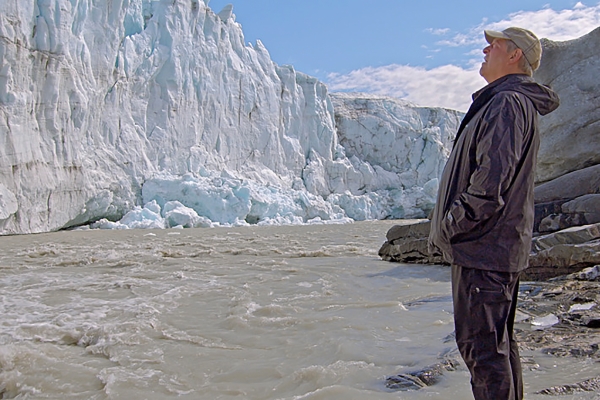New Labour leader Jacinda Ardern has declared climate change is her generation’s “nuclear-free moment”.
She may be right. The antinuclear movement was launched amid fears of an apocalyptic end to life on earth.
It didn’t happen. The world has never been as peaceful now as it has been since 1945.
Eventually, fears of a nuclear holocaust faded, as they did about fallout and radiation, despite real disasters at several power stations.
Countries such as France remain heavily dependent on nuclear power, while others, such as Germany, Sweden and Japan, are turning away from it.
Other end-of-the-world scenarios have followed, be it pollution (“acid rain”), over-population and pandemic disease.
The modern environmental movement began with a book, Silent Spring, in 1962. It is now a relic of false and wild exaggeration.
So, too, are the predictions of Paul Ehrlich’s The Population Bomb (1968) and the Club of Rome’s Limits to Growth (1972), both of which forecast a world of scarcity and starvation.
I was at university during these years and have lived long enough to survive many more dystopian visions that completely failed to see what was really happening — a rapid drop in world poverty and the growth of a global middle class; most people living longer and healthier lives than ever before; the spread of democracy and freedom to many parts of the world; and an endless stream of technological advance and other evidence of progress.
Is the combination of anthropogenic (human-made) climate change, global warming and unrelenting extreme weather another of example of alarmism? The short answer is no one really knows, as the scientific evidence is based on models of what could happen and these can be as inaccurate as any other, including economic ones.
For Ms Ardern’s generation, history may have nothing to offer in political lessons.
The oppressive forms of collective totalitarianism — communism and fascism — that afflicted the 20th century are well in the past. Free societies are taken for granted, though regrettably still not available to all. My suspicions are aroused because former American vice president Al Gore treats climate change as a crusade that is now into its third decade.
His latest movie, An Inconvenient Sequel: Truth to Power (Paramount), is a hellfire and brimstone sermon that uses storms, floods and droughts (but thankfully not
earthquakes) to illustrate his cause.
Though he is personable and provides much insight into the working of politics at the world level — the climax is the Paris Agreement on Climate Change in late 2015 — he is preaching to the converted and assumes everyone is listening.
Added excitement comes from Gore’s pre-conference event being called off due to the terrorist attacks just days earlier.
But politics is also fickle. Only three of the world’s top leaders — Vladimir Putin, Angela Merkel and Narendra Modi — remain in office, as does Pope Francis.
Naturally, there is a villain. President Trump’s withdrawal from the agreement is covered in a postscript and the film is part of a renewed world campaign to overcome scepticism and complacency.
Rating: Parental guidance advised. 98 minutes.

Reader Interactions